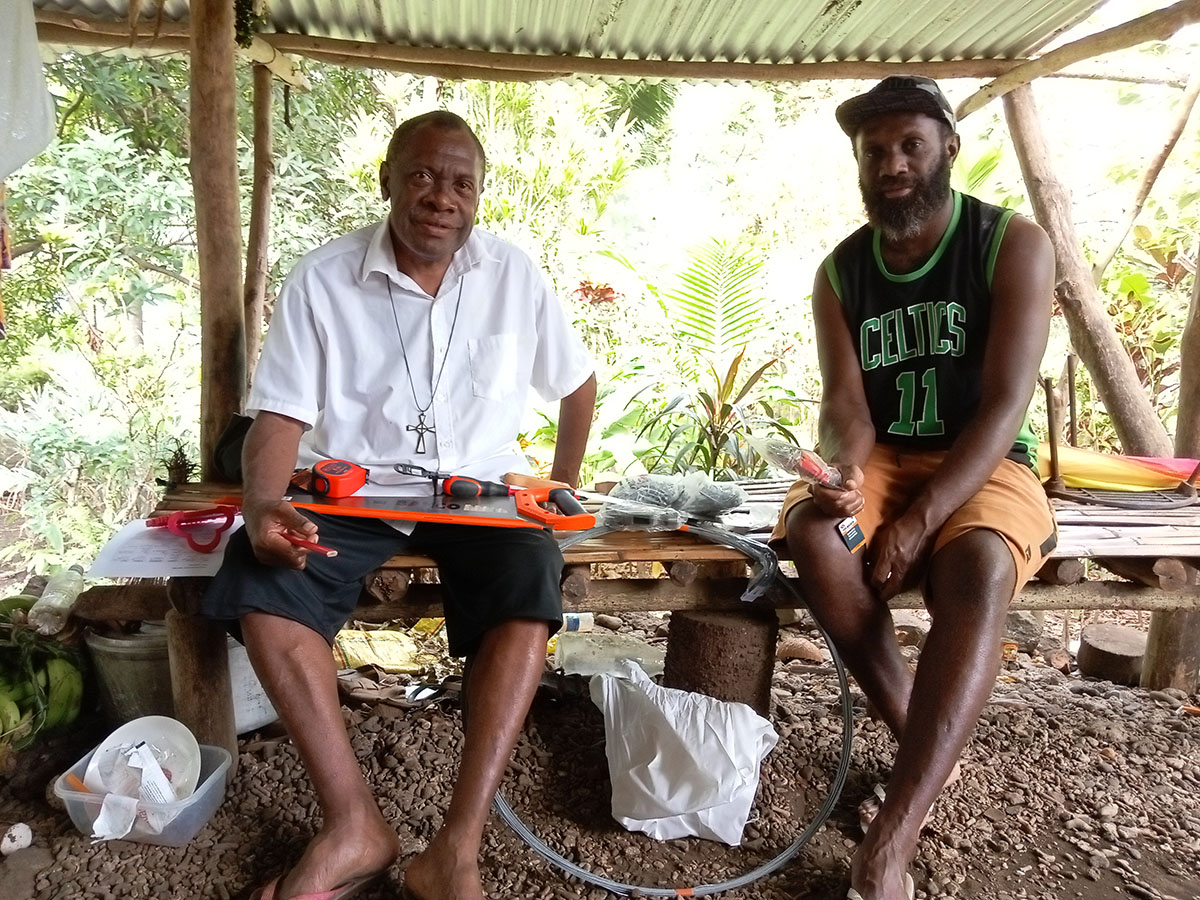A category five cyclone in October and COP 28 in December
The annual UN-backed Conference Of the Parties (COP 28) is currently underway in Abu Dhabi. When we see increasingly extreme floods and bushfires in Australia (and rising insurance premiums), and an increase in cyclone intensity and saltwater intrusion into gardens across the Pacific, can COP 28 help?
At COP 28, nations discuss plans to limit global carbon dioxide (CO2) emissions in order to limit global warming. Global warming is not the only cause of extreme weather events, but it is a significant factor. Australians are, apart from oil-producing nations like Qatar, Kuwait and United Arab Emirates, amongst the highest CO2 emitters per capita in the world. Firm policy commitments at COP 28 can help us limit global warming.
In October 2023, we experienced the earliest category 5 cyclone on record for the Southern Hemisphere. Cyclone season in the Pacific normally runs from November to April, and the previous earliest category 5 cyclones in the southern hemisphere were both in December (both recorded in Australia, in 1975 and 1991).
But Tropical Cyclone Lola was a category 5 cyclone when it reached Vanuatu on 24 October 2023. After Lola shredded many gardens and destroyed homes, AID’s partner in Vanuatu, the Anglican Church of Melanesia (ACOM), began distributing relief supplies to many of those affected by the cyclone.
Whilst the frequency of cyclones generally has decreased across the world in recent decades, the intensity of cyclones appears to be increasing. The UN-backed Intergovernmental Panel on Climate Change reported in 2022 that “It is likely that the global proportion of Category 3–5 tropical cyclone instances has increased over the past four decades,” (Chapter 11, 6th Assessment Report). Category five is the maximum intensity that a cyclone can reach.
ACOM Vanuatu has provided relief and recovery assistance to people affected by other recent cyclones. These include three category five cyclones — tropical cyclones Kevin in February 2023, Yasa in December 2020 and Harold in April 2020. AID has supported ACOM’s responses to all three cyclones.
AID continues to stand with our Pacific neighbours as they battle climate challenges. To assist ACOM-Vanuatu’s TC Lola response in Vanuatu, we have accessed Australian Government funds through the Church Agencies Network Disaster operations (CAN DO) consortium. For some other AID cyclone responses, we use our Global Community Development fund. To contribute to this fund, go to https://www.abmission.org/projects/global/general-community-development-fund/.
